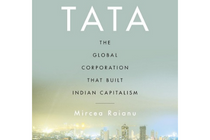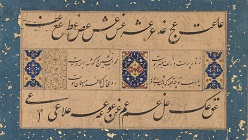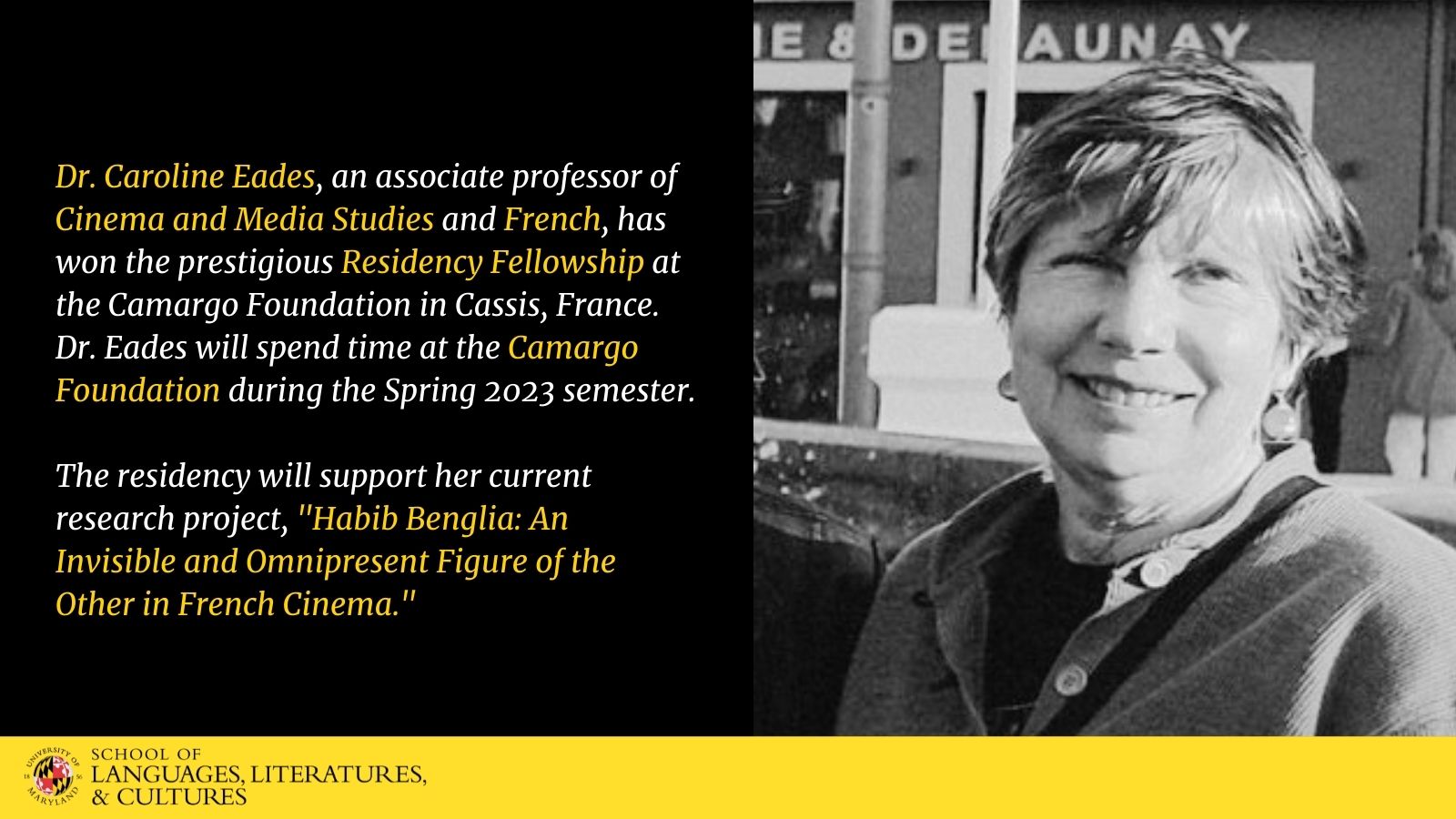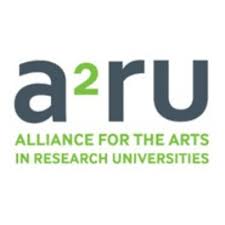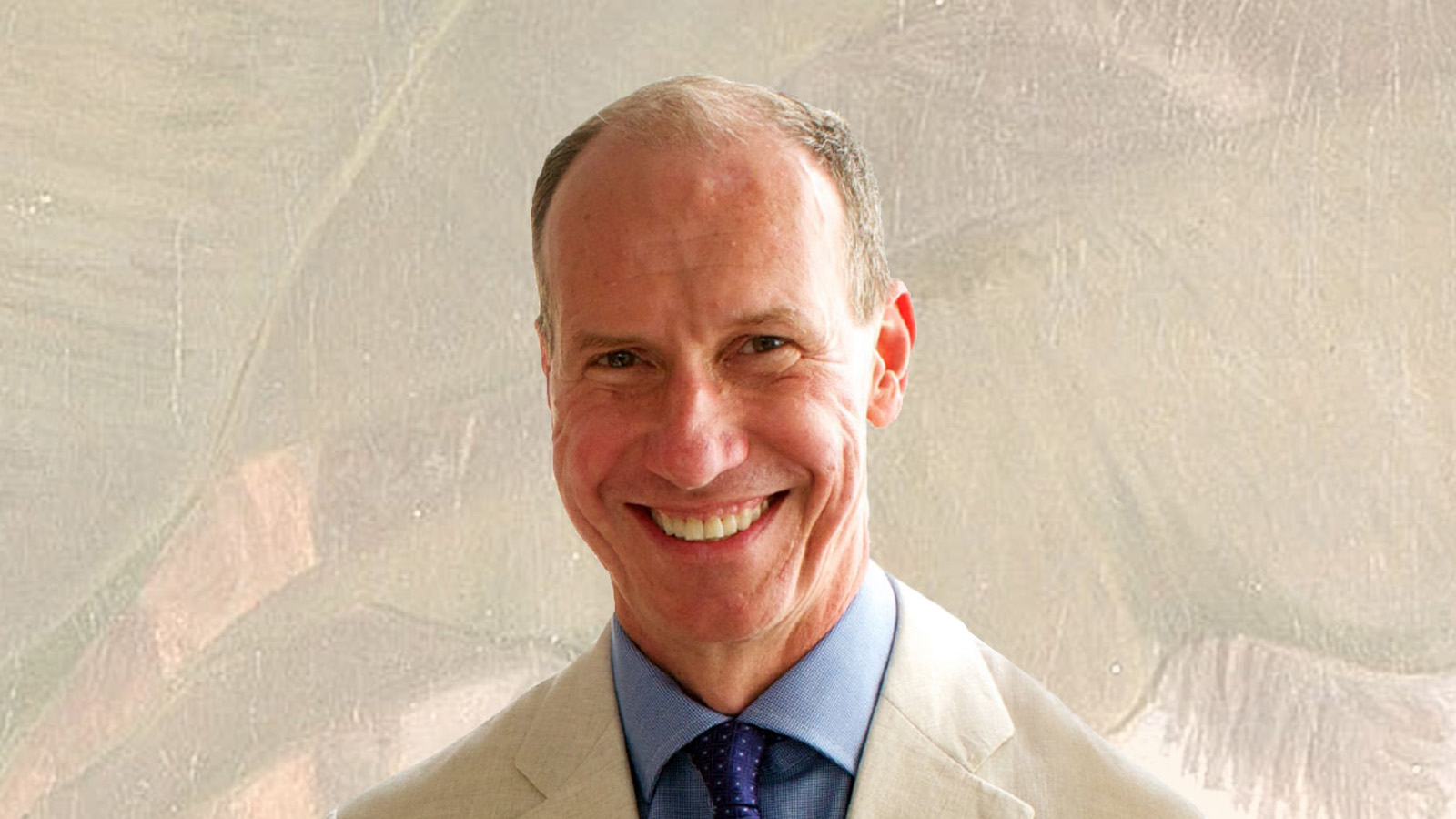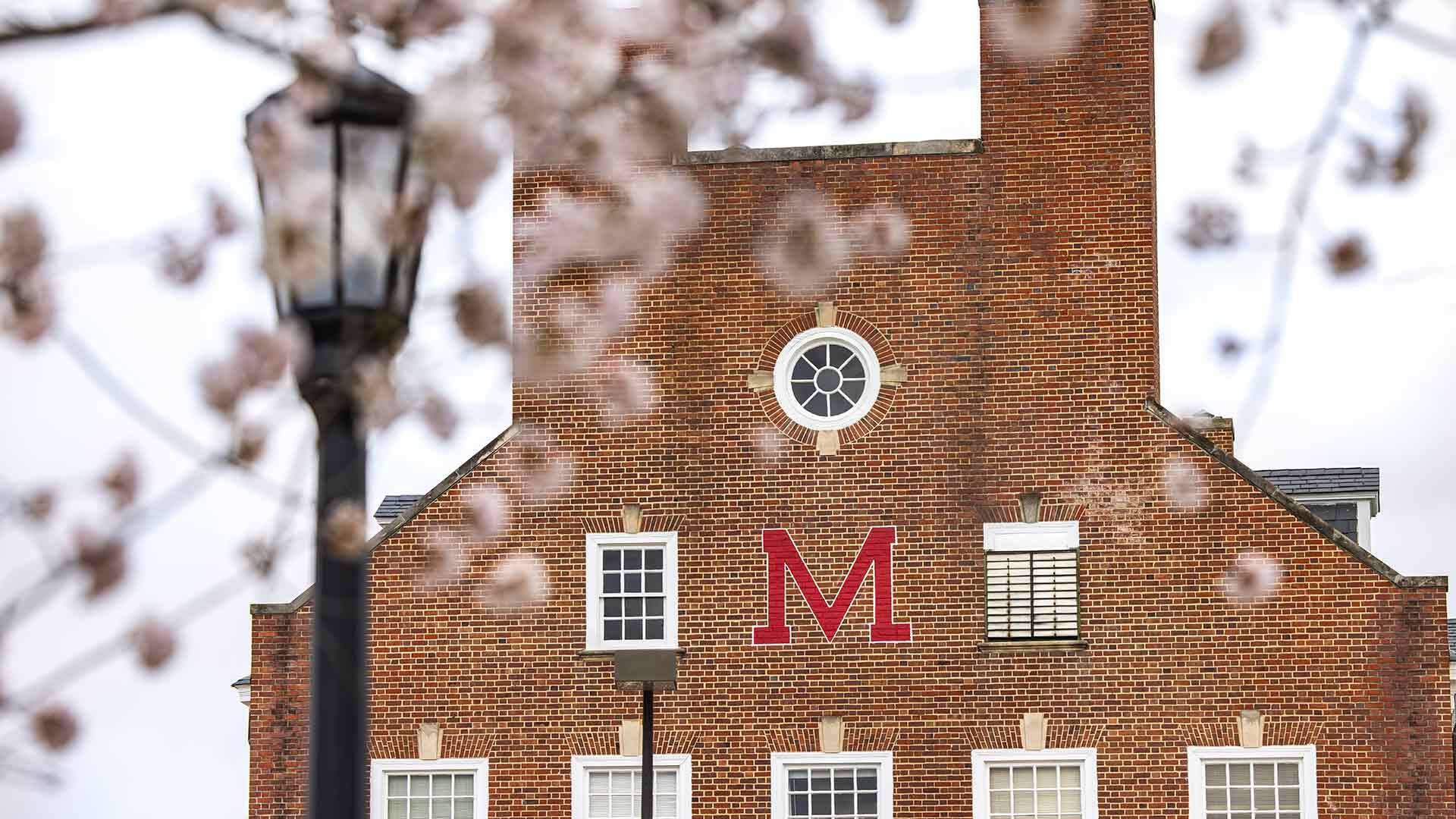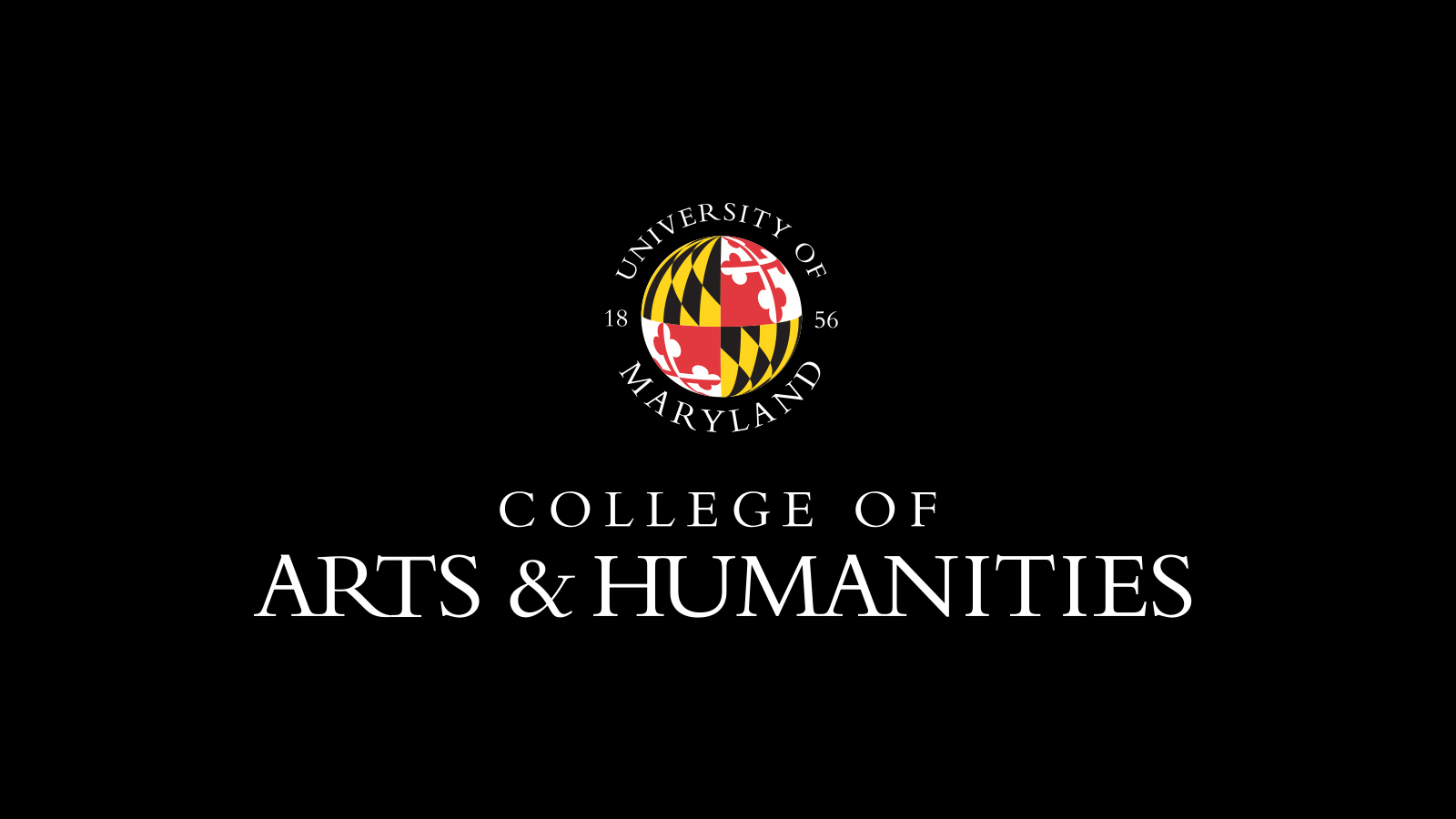Are Roman Catholics seeking to bring down American democracy? This might seem a strange question to pose during the presidency of Joe Biden, only the second Roman Catholic ever to govern the United States. Yet, try counting the number of times in the course of this Supreme Court term that Justices Samuel Alito, Clarence Thomas, and Amy Coney Barrett have clearly revealed themselves to be fundamentalist Catholics. Much ink was spilled during Barrett’s confirmation process over the likely consequences of the Catholic hyper-majority she would assure on SCOTUS. If we count the Catholic-baptized Gorsuch, the hyper-majority is undeniable: seven, in a court of nine. But the problem isn’t Catholicism itself (Sonia Sotomayor, after all, is one of those seven, and she practices the religion); it’s a nativist, nationalist, racist, sexist Catholic authoritarianism that now holds sway among the majority of lifetime appointees to the highest appellate authority in the republic.
Back in May, Justice Alito’s infamous leaked draft opinion in Dobbs v. Jackson Women’s Health was already a moralistic, dangerous exercise in reactionary judicial activism. With the official decision striking down Roe v. Wade, Alito’s screed has become the law of the land. The final weeks of this last SCOTUS term represented one body blow after another to church/state separation in the United States: from Dobbs to the Kennedy v. Bremerton School District decision on prayer in public schools. This is a new era of judicial rollback, and if Clarence Thomas’s lone-wolf concurrent opinion from Dobbs is to be taken seriously—and clearly, it should be—the court is coming next for contraception, same-sex marriage, and a host of other social rights that we who thought we dwelled in the 21st century regarded as settled precedent. Unfortunately for democracy, SCOTUS seems most comfortable in the 19th century.
Understanding how Roe was overturned after nearly 50 years of dogged efforts by activists from Phyllis Schlafly to future justice Alito himself demands that we step back for a moment from our understandable outrage. This is not just about Alito, nor even just about the Supreme Court. For Catholic anti-liberals like Barrett or her Notre Dame colleague Patrick Deneen, it was wrong of George Washington not to be more like George III. The yeoman farmers of Andrew Jackson’s time should be the American gold standard—not 20th-century suburbanites, and certainly not 21st-century urban millennials. Tolerance is tantamount to sin, and pluralism is a betrayal of the model of authority handed down by God himself: rule by executive decree. After John F. Kennedy ran away from his Catholicism while president, a faction of Catholics looking for a starring role in American public life reinvented themselves and laid the foundation for what ultimately became known as the Reagan coalition. But four decades after that coalition was born, Donald Trump awakened its worst demons with his authoritarian impulses. What was once taboo in the United States—an elected executive aspiring to long-term autocratic rule—became an attractive opportunity.
Barrett’s appointment as associate justice may have, in practical terms, tipped the balance for generations to come against a woman’s right to choose, but the deeper story should not center on any one justice or politician but instead on the tide of Catholic anti-liberalism that has been rising for years. If we have any hope of restoring a woman’s right to choose or, more immediately, of protecting contraception and marriage equality, we need to expose the Catholic authoritarianism that now grips the reins of the republic.Questioning certain Catholics’ impact on American public life might smack of old-school anti-Catholicism in a country with a history of Protestant hegemony. Anti-Catholic prejudice kept Democratic candidate Al Smith from beating Herbert Hoover for the US presidency in 1928, and fueled many of the detractors of JFK in his ultimately successful bid in 1960. But, to be clear, anti-Catholicism in 19th- and 20th-century America was predicated on the suspicion that Catholics were serving a foreign power, the Vatican, whose interests would be at odds with our own—in other words, of being a fifth column within the US republic. It was nativism—anti-Irish, anti-Italian, anti-Polish, and later anti-Mexican sentiment—that drove these fears from the start, and that nativism still resonates loudly today, even among the progeny of some of those 19th- and 20th-century Catholic immigrants.
Anti-Catholic bias in the United States meant one thing in an era when the Vatican named an entire heresy—“Americanism” (1899)—after the country. But much has changed in the intervening century. One month before Biden won the presidency, Pope Francis published Fratelli tutti, a revolutionary document intended precisely as a defense of democracy. The aging pope’s moral authority has since taken one blow after another—on abuse of Indigenous children in Catholic residential schools across Canada, on his apparently neutral stance between Russia and Ukraine—but at least when it came to Donald Trump, Francis made clear where he stood. It stands to reason, then, that Roman Catholics who painted Trump during his presidency as the savior of the United States, and who decry “the steal” and herald his return to power in 2024, stand squarely opposed to the successor of Saint Peter. Politicians can now substantially boost their populist credentials by appealing to the Roman Catholic masses in a way that has never before been so split between left and right. As of June, President Biden faced a 53 percent disapproval rating among Catholics. And that disapproval cleaves even further along racial lines: Only 36 percent of self-identifying white Catholics approve of their Catholic president’s record. The result is a US Catholic demographic that, while split between parties, is shifting further to the right—a shift on which Trump is counting for 2024.
Of course, not all right-leaning Catholics would identify as “integralists,” the favored term of Harvard law professor (and fervent Trumpist) Adrian Vermeule. When Vermeule uses this word, he draws on a long line of anti-Enlightenment, anti-liberal Catholic thinkers, from Joseph de Maistre to Carl Schmitt. Integralists are wistful for a time when it was not just okay to be a monarchist but in fact all orthodox Catholics understood (per the 1864 Syllabus of Errors, if nothing else) that liberalism paved the road to Hell. Rome turned away from this kind of thinking already in the mid-20th century; in the 21st century, it seems downright heretical. After all, rejecting liberalism and multiculturalism also means rejecting the turn to freedom of conscience by the church itself, promulgated by the Second Vatican Council in the 1960s (a massive ecumenical undertaking designed to update church practices for a newly secularized world, which, among other things, elevated the dignity of the laity and promoted interfaith dialogue).
In 21st-century Hungary and Poland, so-called “Christian nationalists” like Viktor Orbán and Jarosław Kaczyński have become icons of Christian illiberalism, going so far as to insist that their brand of “illiberal” (their word) democracy is the wave of future, and the only brand of democracy reconcilable with salvation in Christ. It is no accident that, prior to the abrogation of Roe, Poland played host to the latest rollback of a woman’s right to choose, following a constitutional court decision in late 2020 eviscerating already-limited abortion protections. Poland’s was an important precedent, and one that has been lost in the more-than-justified outrage over Dobbs: Dobbs is not about the nine people who make up SCOTUS, nor even just about the United States, but instead about Americans leading a global stampede of Catholic authoritarians.
In the US midterm elections, the infamous J.D. Vance of Ohio now stands at the vanguard of Catholics who, in committing to a new brand of American fascism, are also choosing one of the most morally repugnant presidents in US history over the Roman Catholic pontiff. Ginni Thomas, wife of the presumptive mastermind of SCOTUS’s hard-right turn, has now famously been unmasked as another American Catholic trumpeter of the righteousness of Trumpist insurrection. For them, January 6 was not treason but a moral necessity. In other words, strongman tactics are justified because they are a more honest reflection of God-given values.
It is the project of restoring an American “people” in the sense akin to the German Volk—relentlessly discriminatory, with echoes of fascism that the Catholic authoritarians no longer bother to disguise—that drives the passion behind Alito’s angry opinion reversing Roe, and Vance’s toadying praise of Trump and the January 6 insurrectionists. Ending women’s right to choose is only the first step. Individual Supreme Court justices and Trumpist candidates for office matter, but they can be understood only as part of a tidal wave of Catholic authoritarianism sweeping 21st-century America. Anti-liberal Catholics with elite appointments are successfully harnessing the growing disaffection of—and promoting a revival of nativism and racism among—US Catholics who feel that pluralism has sold out their political and economic interests while leaving them morally compromised.
The goal is an American democracy that is Catholic, but not in the service of Rome (especially not Pope Francis’s Rome). Instead, the Catholicism of Clarence Thomas and of J.D. Vance is distinctly American. Theirs is a democracy without pluralism and without liberalism—a democracy more in tune with Poland or Hungary than with the majority of the American electorate. This is how Donald J. Trump became—counterintuitively, but certainly not inexplicably—the savior of “democracy” for a whole different coalition of American thinkers, public servants, and voters. This is how Roe v. Wade was doomed—and it is how Trump could become president once again in 2024.

